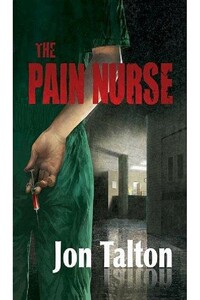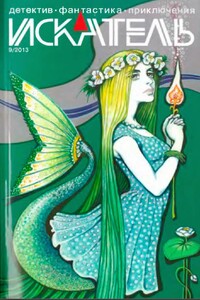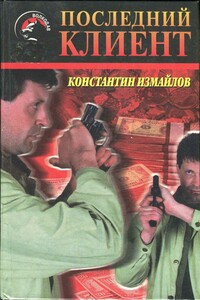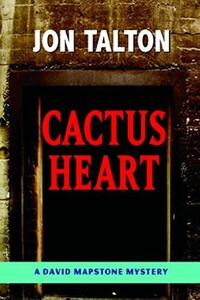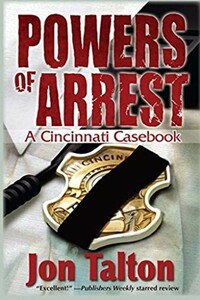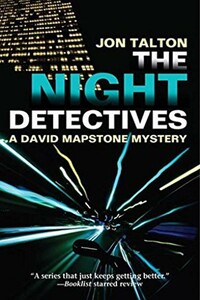Many people generously helped in the research and writing of this novel. Eddie Lueken, RN, first intrigued me with the idea for this book, then she spent many hours with me explaining pain management nursing. Ellie Strang, RN, helped refine my ideas and keep the details accurate, and gave invaluable insights into the daily life of a hospital and its nurses. I’m also grateful for the excellent suggestions of Dr. Verna Corey.
On the law-enforcement side, retired Phoenix Police detective Cal Lash provided me a veteran’s perspective from both the homicide and internal affairs details. Retired Mesa Police Officer Skip Redpath gave me additional insights. My Cincinnati friends and writers Sue MacDonald and Kathy Doane helped fill out my knowledge of this singular, magical, haunted city. Blame me for inconsistencies, deliberate changes in procedure or descriptions, or errors.
My abiding thanks go to Barbara Peters, my editor, for her perfect pitch in helping me bring to life this nocturnal world of nurses and cops.
The pain always gets worse when the sun goes down. As often happened, it brought Cheryl Beth Wilson back to Cincinnati Memorial Hospital that December night. And like most nights, Cheryl Beth beat the pain. Mrs. Dahl told her how she loved her, tears in her filmy, gray eyes. She started telling a story Cheryl Beth had heard four times before, but she sat and listened. Then the old woman instantly dropped into sleep, the stencil of cancer momentarily leaving her face. Mrs. Dahl, who an hour before had been screaming from the postsurgical mess that had once been her belly. Cheryl Beth eased the old woman’s hand down to the sheet, checked her IV flow one more time, turned down the light in the long fixture on the wall at the head of the bed, and walked out into the quiet, darkened hall. The room’s persistent smell of decaying flesh, ointment, and deodorizer faded.
She walked to the nurses’ station. With most of the hall lights off, it stood brightly lit in the distance like a truck stop on the interstate. After making notes in Mrs. Dahl’s chart, she turned to her own notebook, drawing a happy face next to the woman’s name: her shorthand for a patient in pain, just that. She knew she could fix that easily. In another situation, she might draw a face with slits for eyes-someone who was oversedated. She could fix that, too. Then there was the face she would draw with wide eyes and wide mouth, an addict seeking pain meds. To this she would add her FC scale-one through ten-for “fucking crazy.” Fucking crazy and mean can get you in trouble. The faces told it all.
“Saved again by the pain nurse.” Cheryl Beth saw the heavy brown hand on her shoulder and turned to smile at Denise, a large woman in green scrubs who had worked on this floor for the past two years. Tonight she was the RN in charge.
“I don’t know what we would have done without you,” she said.
“You guys did the hard work.” Cheryl Beth had a pleasing, musical voice with a hint of the Kentucky drawl she had worked hard to lose. “I just helped.”
“You always share the credit. I know how you work.” Denise smiled at her fondly. “Pizza?” She indicated an open box in the adjoining storeroom.
“That’s a big no-no. Don’t let Stephanie Ott catch you.” Cheryl Beth walked back and took a small piece, holding it on a paper towel and taking a bite. She needed something in her stomach besides liquor.
“I don’t have to worry about that,” Denise said. “Ott doesn’t even come to the floors, much less at this time of night. If the suits don’t like it, they shouldn’t close the cafeteria at eight. They can’t close things fast enough at this old place. At least you helped poor Mrs. Dahl.”
Cheryl Beth spoke between bites. “The woman’s been in pain every night. Then when her doc comes by in the morning, she’s finally fallen asleep. He says, ‘What’s the problem? She’s sleeping.’ He didn’t see how bad it had been the night before.”
“Did Dr. Miller enjoy you calling him during his Christmas party?”
“I’m lovable. It just pisses me off when people suffer. We had a nice chat. He hadn’t wanted to adjust her meds.” She washed and sanitized her hands. “But he didn’t like her lung sounds. I gently reminded him it was because she was too exhausted to try sitting up and walking. So I finally convinced him to change her meds and he signed the order to use a fentanyl patch. We’ll have to monitor the dose carefully.”
“Well, he wouldn’t have done it for me,” Denise said. “No wonder you were Nurse of the Year. Thanks, baby girl.”
Denise had called her that for years. At forty-four, Cheryl Beth felt far from being a baby girl. She was older than many of the docs now. She had watched as more patients turned up who were her age or younger. It was a battle now to keep weight off her average build, keep her hair something approximating the light brown she had been born with. On close inspection, a net of wrinkles was etching its way around the edges of her eyes. When she was younger, people had told her she looked like Jodie Foster, and she had sometimes believed there was a passing resemblance. But that was a long time ago.
